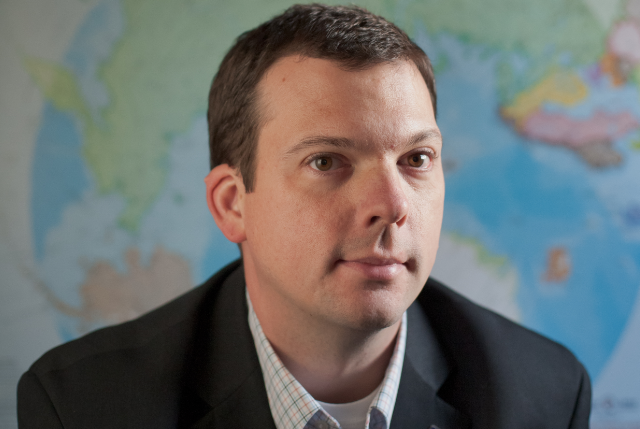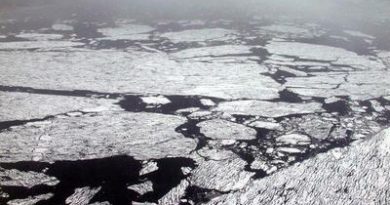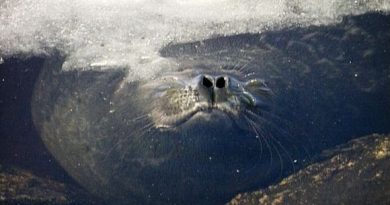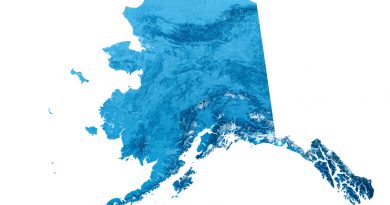Arctic Energy Summit: What can polar regions learn from each other?

Energy security and the cost of living are constant challenges in most polar regions.
While the South focuses on things like offshore drilling and how northern resources can be accessed to fuel southern regions, less attention is paid to both the energy challenges and energy innovation in northern regions.
What unique obstacles do different regions face?
How can they be addressed?
Where can the different regions learn from each other?
Issues like these are among the many questions to be explored when the 2015 Arctic Energy Summit gets underway Monday, September 28 in Fairbanks, Alaska.
What works, what doesn’t
The event is being held for the third time and brings together everyone from business, to experts, to local leaders from around the circumpolar world to discuss issues, challenges and best practises from around the North.
” I wish the headlines were more about northern peoples flipping on the switch and having their lights and their heat come on,” says Nils Andreassen, executive director of the Institute of the North, the non-profit specializing in Alaska and the North that organizes the Arctic Energy Summit
“In a lot of the Arctic, neither of those things are affordable, accessible nor using the best technology or renewable resources.
“In communities here in Alaska, people are having to choose between their water and sewer or having their house heated. Whole communities are struggling to pay for just basic infrastructure and I think that’s the story.”
Findings to go to Arctic Council
Information gathered at the summit, including findings, research gaps and emerging technologies, will be sent to the Arctic Council’s Sustainable Development Working Group.
To follow the event online, use #arcticenergy or watch the livestream at www.ion.evomac.com
Related stories from around the North:
Canada: Energy challenges in Canada’s North, Eye on the Arctic
Finland: One of world’s largest geo-bio-energy facilities slated for Finland, Yle News
Norway: Japan wants wind power from Arctic Norway, Barents Observer
Russia: No alternative to Arctic oil says Russia environment minister, Barents Observer
Sweden: Will Sweden be able to produce enough energy in the future?, Radio Sweden
United States: Alternative heating system shows promise for reducing fuel costs in Interior Alaska, Alaska Public Radio Network



